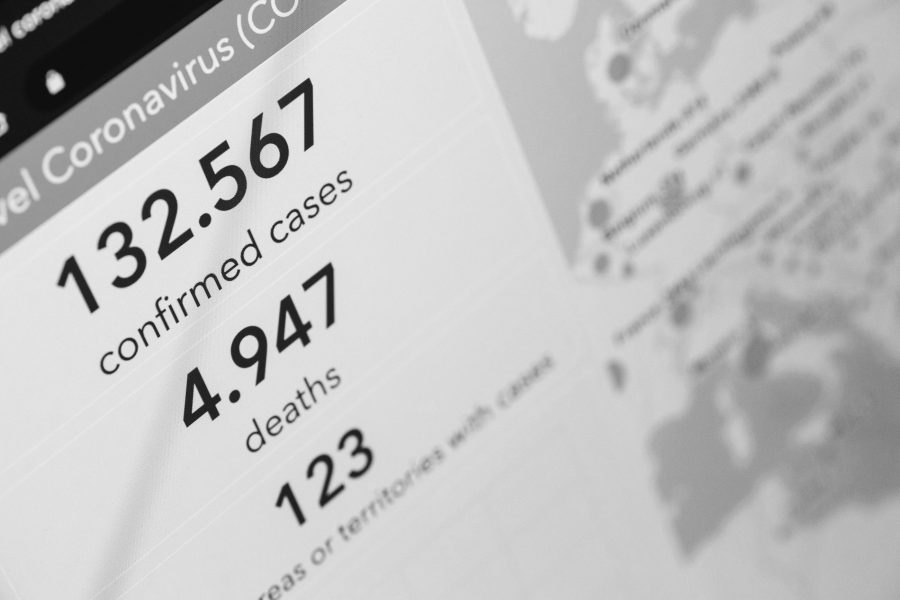The battle that has raged for many years between the proponents of deflation and inflation has faded into irrelevance as it is increasingly clear that we are going to have both, in swift succession. The deflationists, like Albert Edwards, will claim victory in the current battle, but my sense is that the inflationists will win the war. Meanwhile, like the Montague and Capulet families cursed by Shakespeare’s Mercutio in Romeo and Juliet, this novel plague has enveloped us all. Covid-19 has overturned our sophisticated world and upended our priorities. As a global society, how could we have been so stupid as to neglect our collective human health?
The 1996 book, The Coming Plague: newly emerging diseases in a world out of balance, by Pulitzer-winning journalist Laurie Garrett articulates the risks that we have been running for more than 20 years. “As the global village becomes smaller, as destruction of the rainforests continues, and as bacteria increasingly develop resistance to overused antibiotics, the threat of new diseases, of which AIDS is potentially only the first, becomes ever greater.” Reviewer Mary Ellen Curtin adds: “Where’s your next disease coming from? From anywhere in the world: from overflowing sewage in Cairo, from a war zone in Rwanda, from an energy-efficient office building in California, from a pig farm in China or North Carolina. As the human population explodes, ecologies collapse and simplify, and disease organisms move into the gaps. While the human race battles against itself, the advantage moves to the microbes’ court. They are our predators and they will be victorious if we, homo sapiens, do not learn how to live in a rational global village that affords the microbes few opportunities.” The picture that Garrett paints is not entirely bleak: epidemics grow when a disease outbreak is amplified, by contaminated water supplies, by shared needles, by recirculated air, by prostitution, etc. The control of these disease amplifiers is within our grasp, but it is a matter of money, people and will.
In recent days, our perceptions of the public health challenge from Covid-19 have been radically transformed for the worse. Our aging populations are demographically tilted to vulnerability. Our abuse of leverage predisposes our financial system to periodic convulsions. Our disintegrated labour markets, horizontally-integrated global supply chains and just-in-time inventory systems have fine tolerances. (Incredibly, 98 per cent of antibiotics used in US are imported from China.) Systemic resilience has been eroded in all dimensions – many people have fragile physical and mental health, insecure jobs, little or no money or wealth and a sparse support network of family and friends. What could possibly go wrong?
The barrage of ‘shock and awe’ fiscal packages, loan guarantees and largely futile attempts to offer credit on even easier terms should leave no-one in doubt that government and its agencies will do ‘whatever it takes’ to support their economies. Their resolve is not in question, but their understanding is woefully deficient. We live in a








